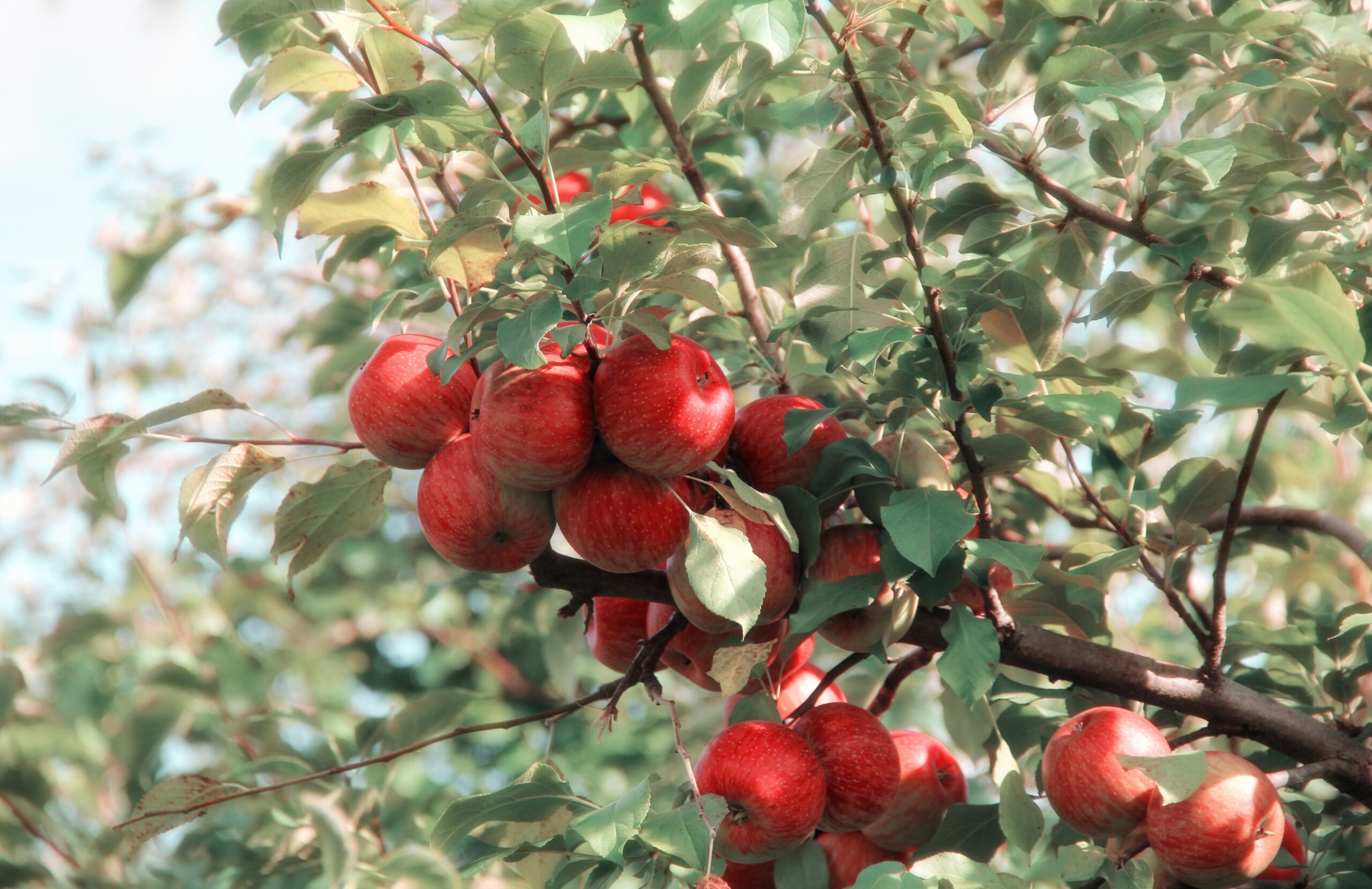Food Of the Future For Everyone Lies In Sustainability

Scientists have pondered for decades how it would be possible to create a sustainable future for food since world hunger continues to be a serious issue. Due to the current climate crisis, agriculture has become more challenging, and the world’s food systems are more fragile than ever.
There is an opportunity for innovation to occur, and some individuals are trying to bring together large investments and encourage governments to work together. Using a collaborative mindset and incorporating mutually beneficial strategies, we can create a sustainable future for food.
What Is The Vision For A Sustainable Future Of Food?
Some of the CEOs of food-based companies and research programs came together to encourage food accessibility and provide joint collaboration and innovation opportunities. These collaborations created some awareness around the primary issues causing the world hunger crisis.
For example, the reality of natural disasters is real, and the havoc they cause on the environment and the people around them plays a big part in ruining agriculture. Disasters affect the rate of local food production and people’s lives detrimentally.
Controlling the emission of greenhouse gases is important. There is no doubt that climate change has affected the world’s food systems, meaning it is our duty to begin recycling the foods we normally throw away.
For example, some meat eaters have begun to eat more unpopular cuts of meat like gizzards, liver, and chicken feet. Restaurants are responsible for preventing food wastage and recycling it appropriately.
These steps will ensure people change their views about what’s acceptable for a meal. We need to maintain the vision of a cleaner earth without too many greenhouse gas emissions.
Additionally, we need to adopt a mindset of recycling foods that are usually thrown away. Only after such changes to actions and attitudes can we begin to move in a positive direction.
Technological Innovation To Eradicate World Hunger
Many speakers, entrepreneurs, and CEOs are bringing more awareness to the causes and effects of food shortage and world hunger. Growing awareness leads to technological innovations, such as cultivating meat and dairy from cells.
By making this shift, we will be less reliant on farms and can begin to use bioengineering as an alternative means of food production. It seems inevitable that we will shift away from animal-based products and move toward food growth from cells.
It’s important to realize that cheese production also plays a major part in greenhouse emissions, and our consumption of dairy-based products continues to grow exponentially. Mimicking nature accurately is complex, but it is possible through innovative technology since protein is made up of nitrogen. We can use it from the right sources to sustainably build protein.
Final Thoughts
A sustainable future for food is on the horizon, and we are surely moving toward it. We need to lend our support to the pioneers to make it possible.
Cellular agriculture is becoming a reality, and we are seeing improvements in our ability to create delicious foods using only cells. Tackling barriers relating to food production makes it possible to break things down on a fundamental level and work collaboratively to create lasting change.

